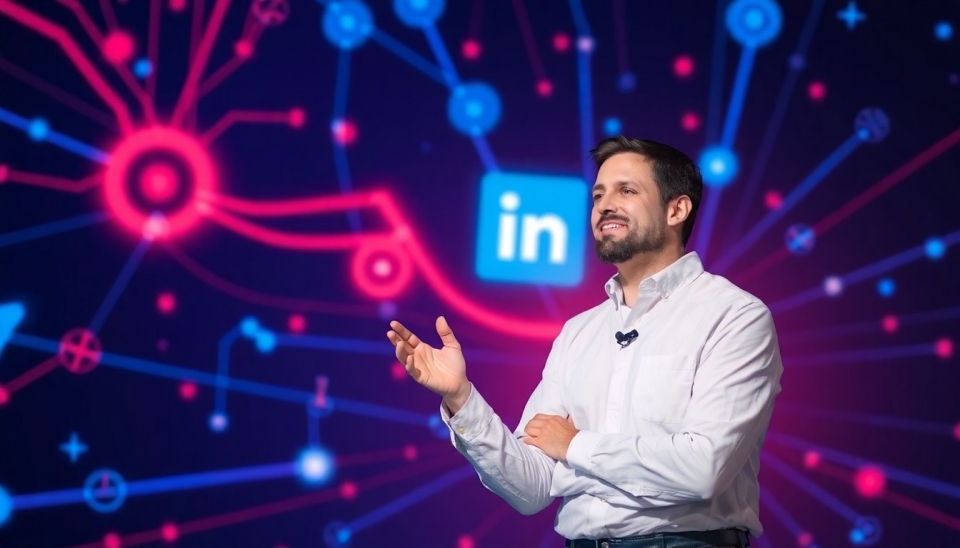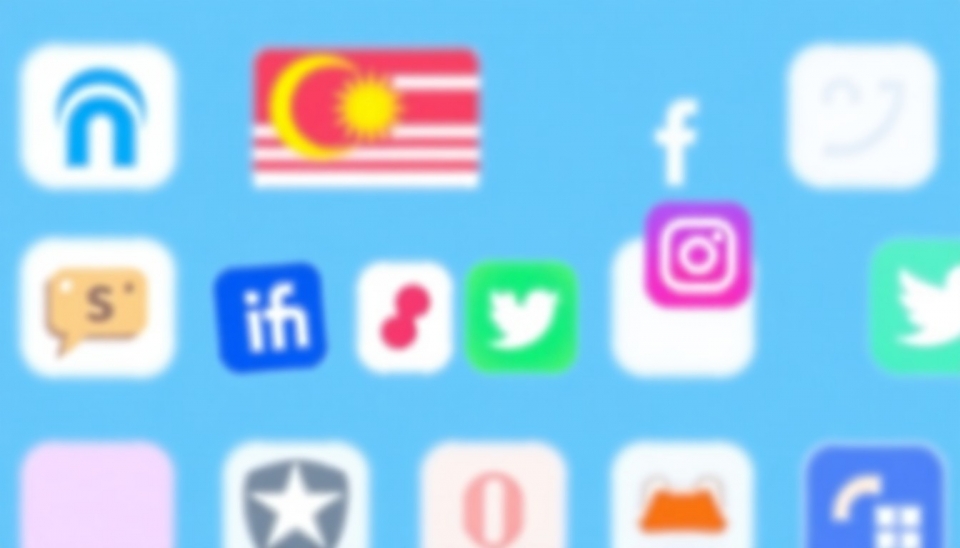
In recent months, bizarre and overly sentimental posts on LinkedIn have been trending, leading many to question the platform's evolving culture. Once strictly a professional networking site, LinkedIn has seen a shift towards personal storytelling and sharing of emotional experiences, often verging on the cringe-worthy. This transformation reflects not only changes in user behavior but also broader societal trends regarding vulnerability and authenticity in the workplace.
The surge in these offbeat posts can be attributed to several factors. First, as remote work became the norm during the COVID-19 pandemic, professionals turned to digital platforms for connection and camaraderie. However, in an effort to appear relatable, many individuals began sharing highly personal anecdotes—often in exaggerated fashion—that can induce second-hand embarrassment for the reader.
LinkedIn users are finding themselves caught in a peculiar dichotomy: they strive to maintain professionalism while simultaneously reaching out for emotional support and relatability. The rise of influencers and thought leaders on the platform has also impacted the kind of content shared, as members emulate the styles of those who seemingly thrive on vulnerability and emotional narratives.
While sharing personal milestones and challenges may foster connectivity among peers, the fine line between authenticity and oversharing has blurred. Critics argue that some posts serve more as attention-seeking publicity stunts rather than genuine attempts to engage with their professional network. Examples amplify the sentiment—columns on topics like “the three times failure led me to success” or excruciatingly sentimental tributes to former bosses have snowballed in popularity, leaving traditional users perplexed.
Furthermore, LinkedIn's algorithm appears to favor such emotionally charged content, as these posts often garner higher engagement rates—likes, shares, and comments—which in turn incentivizes other users to follow suit. This cycle may be leading to a dilution of the platform's original purpose, as it becomes increasingly populated with emotionally charged narratives rather than professional achievements or industry insights.
Despite these concerns, certain segments of users welcome the shift, believing that integrating authenticity into professional spaces can lead to improved mental health and stronger relationships. Advocates argue that it is crucial to embrace the full spectrum of human experience, including failures and vulnerabilities, as means to create a work culture defined by empathy.
Nevertheless, the ongoing trend raises a profound question: how low can we go in the pursuit of relatability? Will the oversaturated market of personal posts lead to a backlash or a recommitment to professional decorum? As LinkedIn users navigate this new landscape, the challenge will be to strike a balance between authenticity and professionalism that maintains the site’s original intent.
#LinkedIn #Professionalism #Oversharing #Vulnerability #Networking #SocialMediaTrends #Authenticity #MentalHealth
Author: Emily Collins




